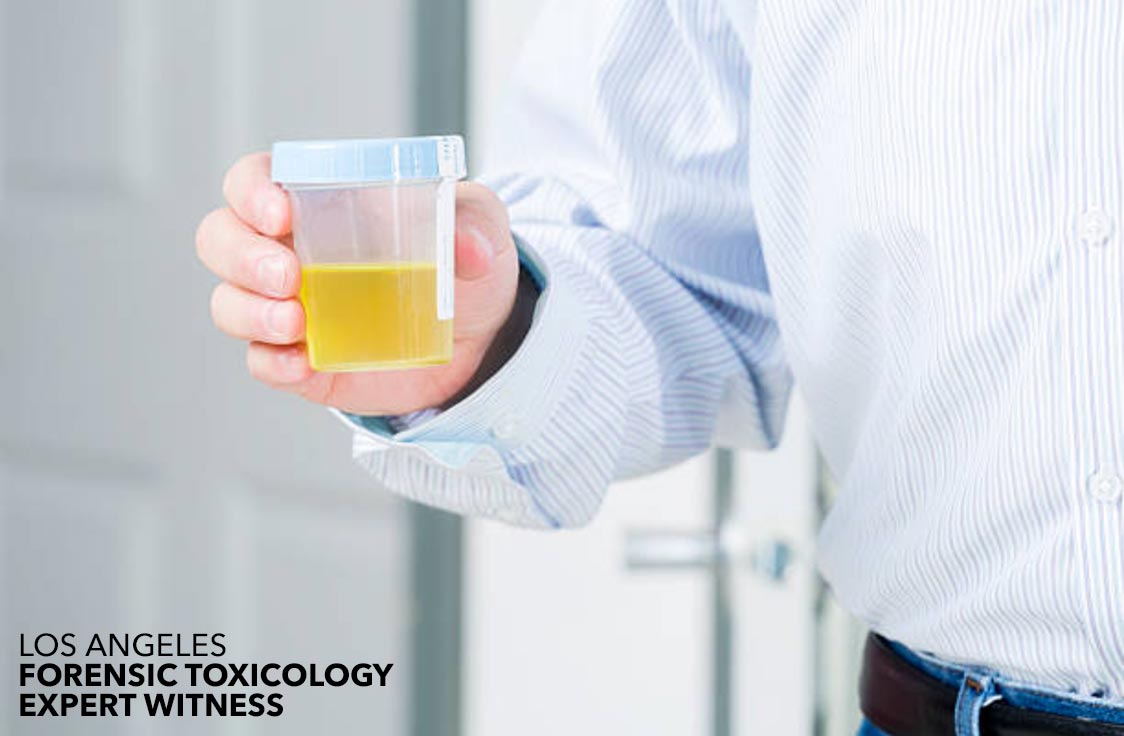Toxicology Lawyer Talks Drug Testing in The Workplace

Drug testing in the workplace has been the center of heated debates amongst toxicology lawyers for many years. Drug testing in the workplace is the process whereby companies or organizations utilize the resources of scientific laboratories to determine whether any of their employees are using illegal drugs. In most cases, drug testing requires employees to submit a urine sample for analysis, a common practice in businesses and industries across the United States despite the controversy surrounding the topic.
In the public employment sector, mandatory drug testing programs have been challenged by public labor unions and the civil rights community. However, in most states across the United States, employees working in the private sector are not afforded any protection from the inaccurate and indiscriminate drug testing despite some states enacted laws prohibiting the random drug testing of employees.
As a general rule, drug testing in the workplace is considered lawful unless there is a specific restriction in state or federal law. However, testing in the workplace will continue to be contested due to the controversial character of employee drug testing in labor management relations. On the one hand, many organizations believe that random drug testing can only benefit their company and the employees that work there. However, on the other hand, many toxicology lawyers, civil rights communities and labor unions believe that it is in fact an invasion of personal privacy. In addition to this, employers may experience unwelcome consequences due to drug testing, including that of reduced job satisfaction and commitment.
In an attempt to manage drug testing, to avoid cases of discrimination, and to prevent the invasion of privacy, federal agencies conducting drug testing must now follow the Mandatory Guidelines for Federal Workplace Drug Testing. This is a standardized set of procedures set out by the Substance Abuse and Mental Health Services Administration (SAMHSA) which falls under the U.S. Department of Health and Human Services.
The guidelines include the following:
- Making use of drug labs certified by SAMHSA
- Having tests evaluated by a Medical Review Officer
- Testing for 5 specific substances
- Amphetamines
- Cannabinoids
- Cocaine
- Opiates
- Phencyclidine
Despite these guidelines being in place, there are still a few burning debates surrounding the necessity of drug testing in the workplace. Supporters suggest that drug testing has been an effective deterrent and that employers have the right to know whether or not their employees are engaged in any activity that could be detrimental to their work ethic. Opposers argue that the practice violates fundamental individual rights and that it can have a negative effect on morale in the workplace.
According to the National Workrights Institute, there are more far more effective ways to address substance abuse in the workplace. Education and treatment of employees can help grow awareness about health concerns and other dangerous consequences of drug use. Due to the implications of drug testing in the workplace, it is strongly advised to have a qualified toxicology lawyer on hand to help you or your company understand the diverse nature of the topic.
The content of this article is provided by Connectica, LLC and has not been reviewed by a toxicology expert witness




